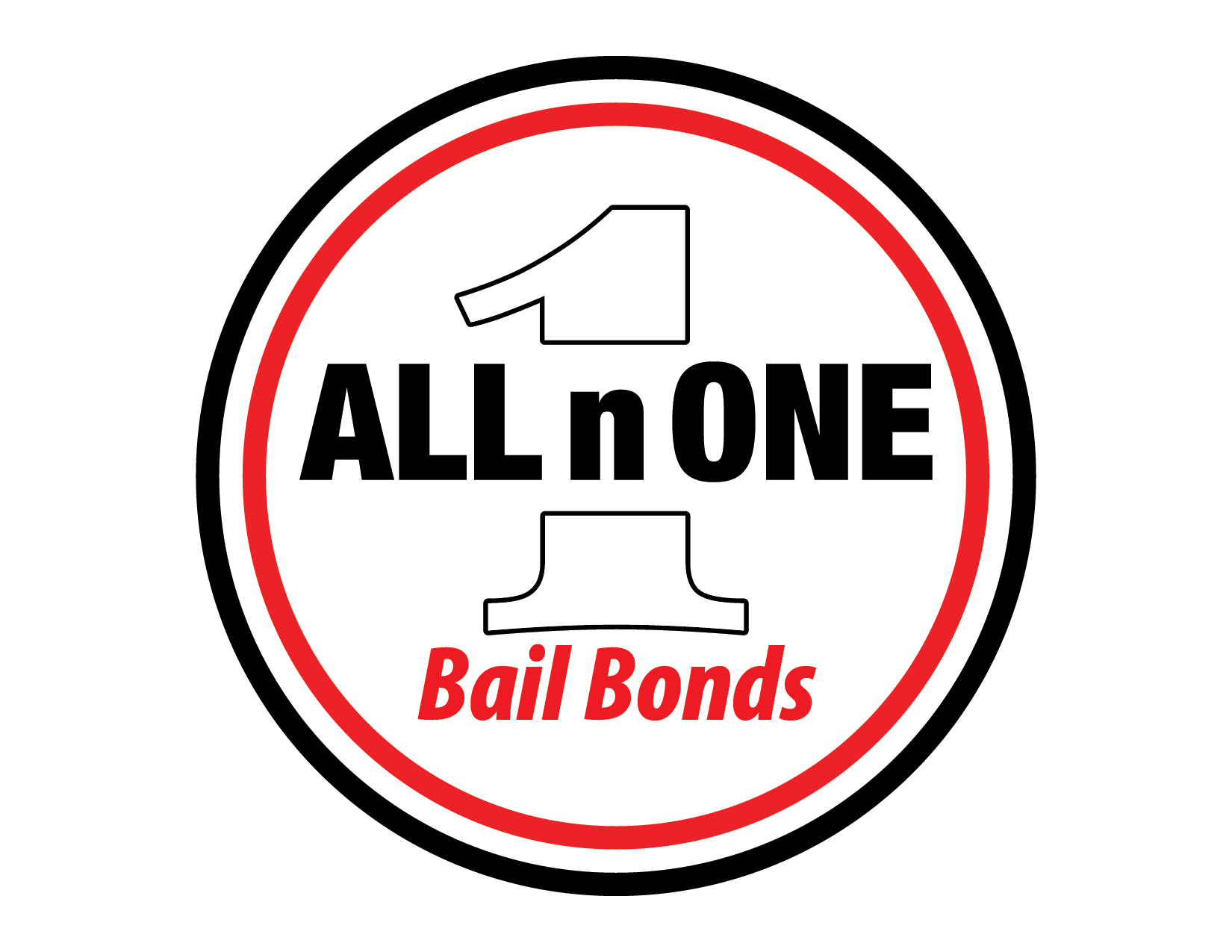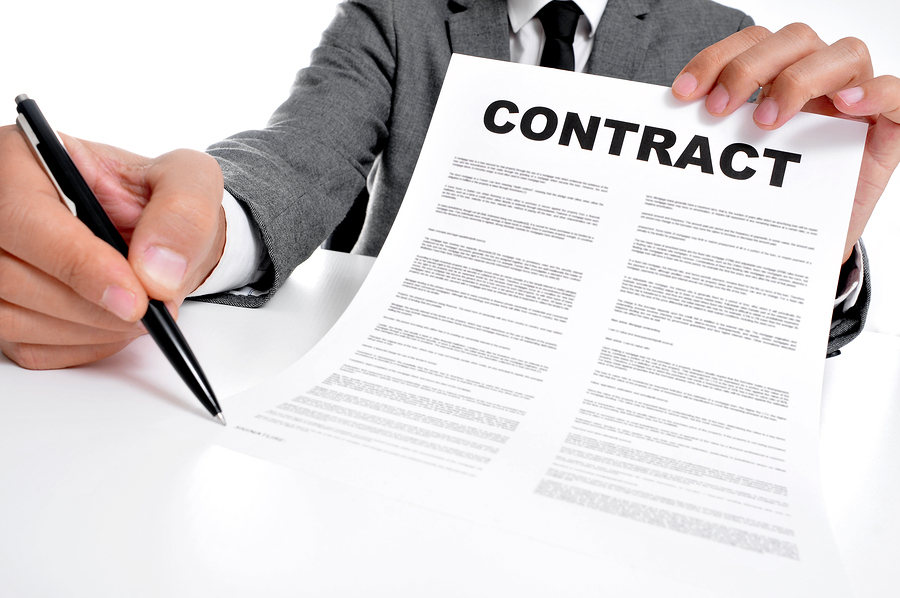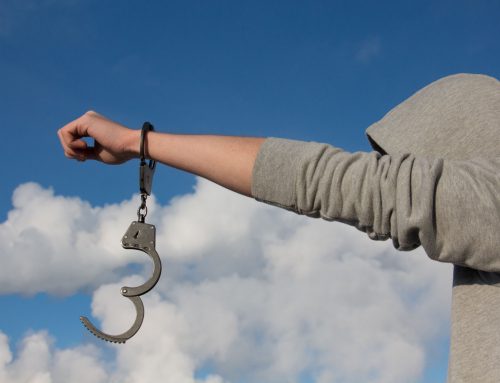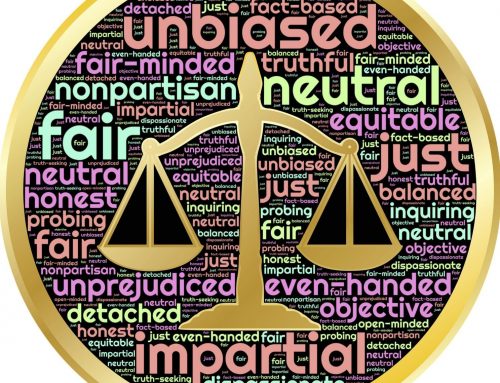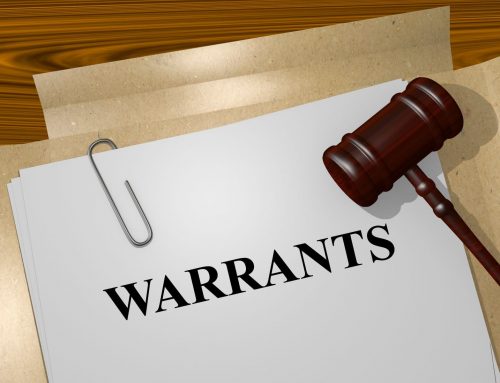When someone you know and love has been arrested, you’ll want to do whatever you can to get them out of jail. Usually, you’ll need to pay bail to release someone from jail. However, bail can be expensive, which is why you may want to contact a bail bond company. The bondsman will probably ask you to co-sign a bail bond.
If you’re considering co-signing a bail bond, then you may have a few questions about the process and your responsibilities. This blog will answer some of these questions. Read on to learn more.
Who Can Co-Sign a Bail Bond?
Typically, co-signers are close friends or family members. To co-sign a bond you must meet certain credit requirements, have a stable job and be reliable.
What Are the Responsibilities of a Co-Signer?
When you co-sign a bail bond, you become responsible for the defendant. That means you have to make sure they appear in court and meet any other court requirements.
In addition, you’re agreeing to the financial responsibility of the bond. This means if the defendant doesn’t appear in court, you could be held liable for the entire bond amount.
In some cases, the bondsman may require collateral. Collateral is typically used to ensure payment or to ensure the defendant will appear in court. You can use assets like your home. After the case is over, the bondsman will return your collateral.
Bail bonds are legally binding, so you should make sure you understand exactly what you’re signing.
What Are the Pros and Cons of Co-Signing?
The responsibilities of a co-signer may seem overwhelming, and they can be. However, there are some advantages to co-signing a bail bond.
Pros of Co-Signing a Bond
One of the most obvious reasons to co-sign a bond is to get someone out of jail. If you know your loved one will show up for court and fix their mistakes, then co-signing makes sense.
In addition, typically when you use a bail bonds company, you only have to pay 15 percent of the bail amount, which saves you a lot of money.
Cons of Co-Signing a Bond
There are also cons to signing a bail bond. For example, if the defendant isn’t reliable, you’ll have to pay the full bond amount. You could even lose your collateral.
In the end, whether or not you should co-sign the bail bond depends entirely on your individual case and the person you’d be bailing out.
When you know that your loved one just made a mistake and that they’re really a dependable and trustworthy person, co-signing might be the best option.
If you need to co-sign a bond, or if you have more questions about the co-signing process, then get in touch with the team at All N One Bail Bonds. Our bail bond company has over 20 years of experience in this industry; you can rely on us. Give us a call today to learn more.
